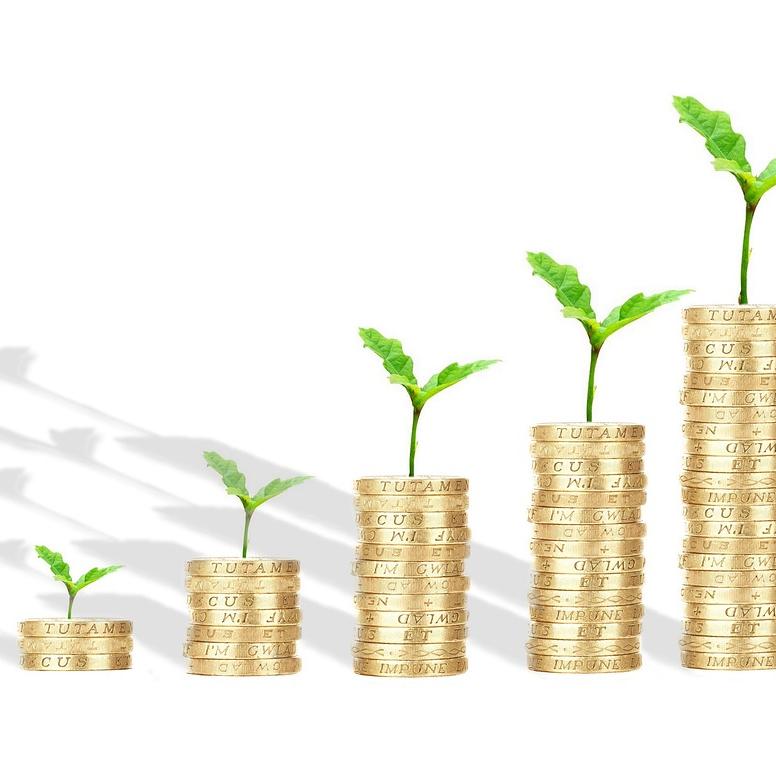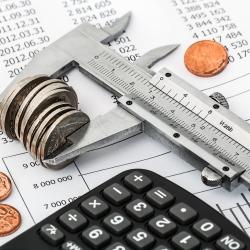How to Budget While Paying Off Loans
Managing personal finances can be a daunting task, especially if you're juggling multiple loans. Whether it's student loans, a mortgage, or credit card debt, paying off what you owe while ensuring financial stability requires strategic planning and discipline. Crafting a budget that accommodates loan repayments is crucial for achieving financial freedom and peace of mind. This article will guide you through the steps to effectively budget while paying off loans, helping you strike a balance between clearing your debts and maintaining your lifestyle.
- Assess Your Financial Situation
Before you can create an effective budget, it's essential to understand your current financial standing. Start by listing all your income sources, including your salary, side gigs, and passive income streams. Next, compile a comprehensive list of your monthly expenses. This should include fixed costs like rent, utilities, and loan repayments, as well as variable expenses such as groceries, entertainment, and dining out. Identifying these numbers will give you a clear picture of your cash flow and highlight areas where adjustments can be made.
- Prioritize Your Debts
Not all debts are created equal. Different loans come with varying interest rates and terms, which can significantly impact your repayment strategy. Prioritize paying off high-interest debts first, such as credit card balances, while maintaining minimum payments on lower-interest loans like student loans. This method, known as the avalanche method, can save you money on interest in the long run. Alternatively, the snowball method, which focuses on paying off the smallest debts first to build momentum, may be more motivating for some individuals. Choose the strategy that aligns best with your financial goals and personality.
- Create a Realistic Budget
With a clear understanding of your financial situation and debt priorities, it's time to craft a realistic budget. Start by deducting your fixed expenses, including loan payments, from your total income. Allocate funds for essential variable expenses like groceries and transportation, then set aside a portion for savings and emergency funds. Whatever remains can be used for discretionary spending. Remember, your budget should be flexible enough to accommodate unexpected expenses yet strict enough to keep you on track with your financial goals.
- Cut Unnecessary Expenses
To free up more money for loan repayments, scrutinize your spending habits and identify areas where you can cut back. This might mean dining out less frequently, canceling unused subscriptions, or opting for a more affordable phone plan. Small lifestyle changes can accumulate significant savings over time, allowing you to allocate more towards debt reduction.
- Increase Your Income
If your budget is tight despite cutting expenses, consider ways to increase your income. This could involve taking on a part-time job, freelancing, or monetizing a hobby. Additionally, negotiating a raise at your current job or seeking higher-paying opportunities can provide a substantial financial boost. Every extra dollar earned can be directed towards paying off your loans faster.
- Automate Your Payments
To ensure you never miss a payment, automate your loan repayments. Most lenders offer automatic payment options that can be linked to your bank account. Automating your payments not only helps you avoid late fees but also ensures that debt repayment is prioritized in your budget. Some lenders even offer interest rate discounts for enrolling in automatic payments, providing additional savings.
- Review and Adjust Regularly
Your financial situation and goals may change over time, so it's important to review and adjust your budget regularly. Schedule monthly or quarterly check-ins to assess your progress, re-evaluate your priorities, and make necessary adjustments. Staying proactive and adaptable will help you remain on course towards paying off your loans.
Conclusion
Budgeting while paying off loans is a challenging yet rewarding endeavor. By assessing your financial situation, prioritizing debts, and creating a realistic budget, you can effectively manage your finances and accelerate your journey to financial freedom. Remember, the key to success lies in discipline, consistency, and a willingness to adapt your strategies as needed. With careful planning and determination, you can achieve a debt-free future and enjoy the peace of mind that comes with financial stability.






















